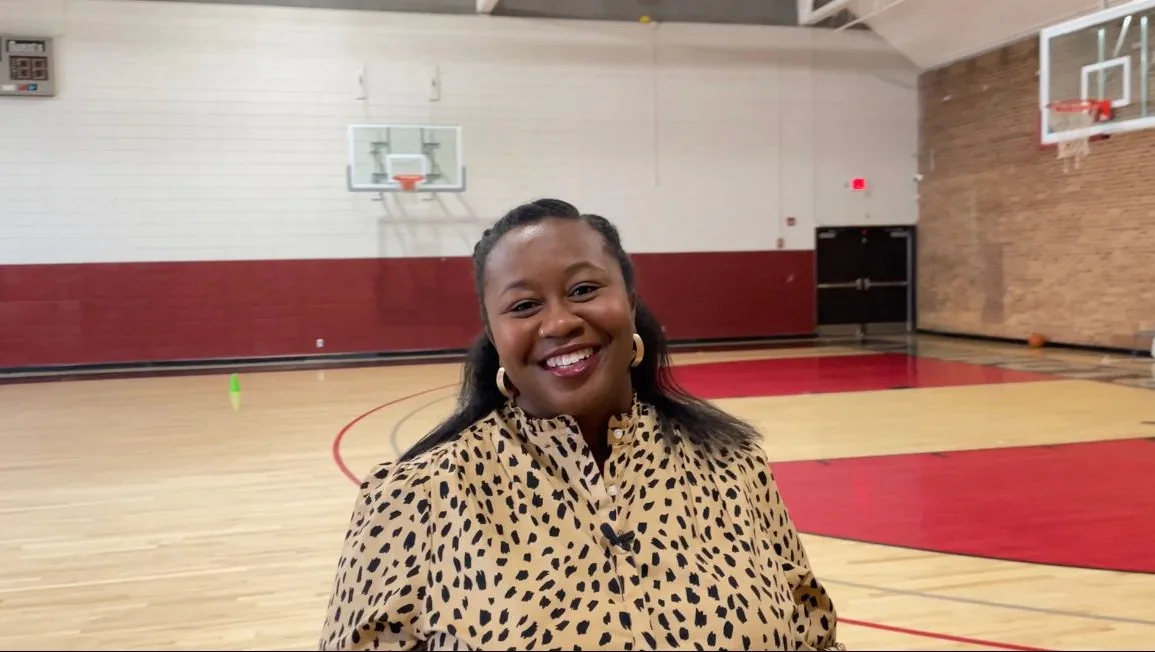ASHEVILLE, N.C. — Torre Garrison is very familiar with what used to be the William C. Reid Center.
“It has the same smell. It still has the same essence that it did when I was growing up here,” Garrison said.
She grew up coming to what is now the Arthur R. Edington Education and Career Center after school and during summers. Then she worked here years later.
“It was very much family-oriented,” Garrison said. “You looked at these adults as just extended parents within your household.”
The sense of community she felt in Asheville is one of the reasons she’s passionate about reparations.
“I’ve always been a super vocal person, and one of those people who like the moment I see something that’s not right or I see issues, we need to do something about it,” Garrison said.
That’s why she’s prepared to take on the role of reparations project director for the Reparations Stakeholder Authority of Asheville, or RSAA.
“I wanted to come into an organization, help create an organization that gives power back to Black people,” Garrison said. “And allow us to be in control of our own narrative and be in control of our own success and our own healing.”
RSAA is a separate entity from the Community Reparations Commission. The commission is run by city- and county-appointed leaders, while the RSAA is a nonprofit run by its members that receives funding for reparations from donations.
“We are able to hold funds because we have individuals, organizations etc., who are like, ‘look, we recognize the harm, we recognize the success we have received from that harm and we’re willing to give back,’” Garrison said.
RSAA members have complete control over decisions made by the organization, including how reparations are given out.
“This is really the membership telling us how they want things to be done,” Garrison said.
She says a lot of times Black people are left out of the conversations or decision-making processes, but the RSAA is the opposite.
“To know that we have an organization now, RSAA, that we get to be the voices behind, the decision makers behind, is everything,” Garrison said.
She says reparations go beyond receiving a check.
“Reparative justice is access, we’re talking about equity, we’re talking about an ability to live in a place we feel safe in. We’re talking about being able to own homes, where historically we used to own homes,” Garrison said.
The group is receiving donations for reparations and the members will choose how and when they give reparations out.
Black residents in Asheville and Buncombe County can become a member and white residents in Asheville and Buncombe County can become shape shifters by going to the group’s website.



